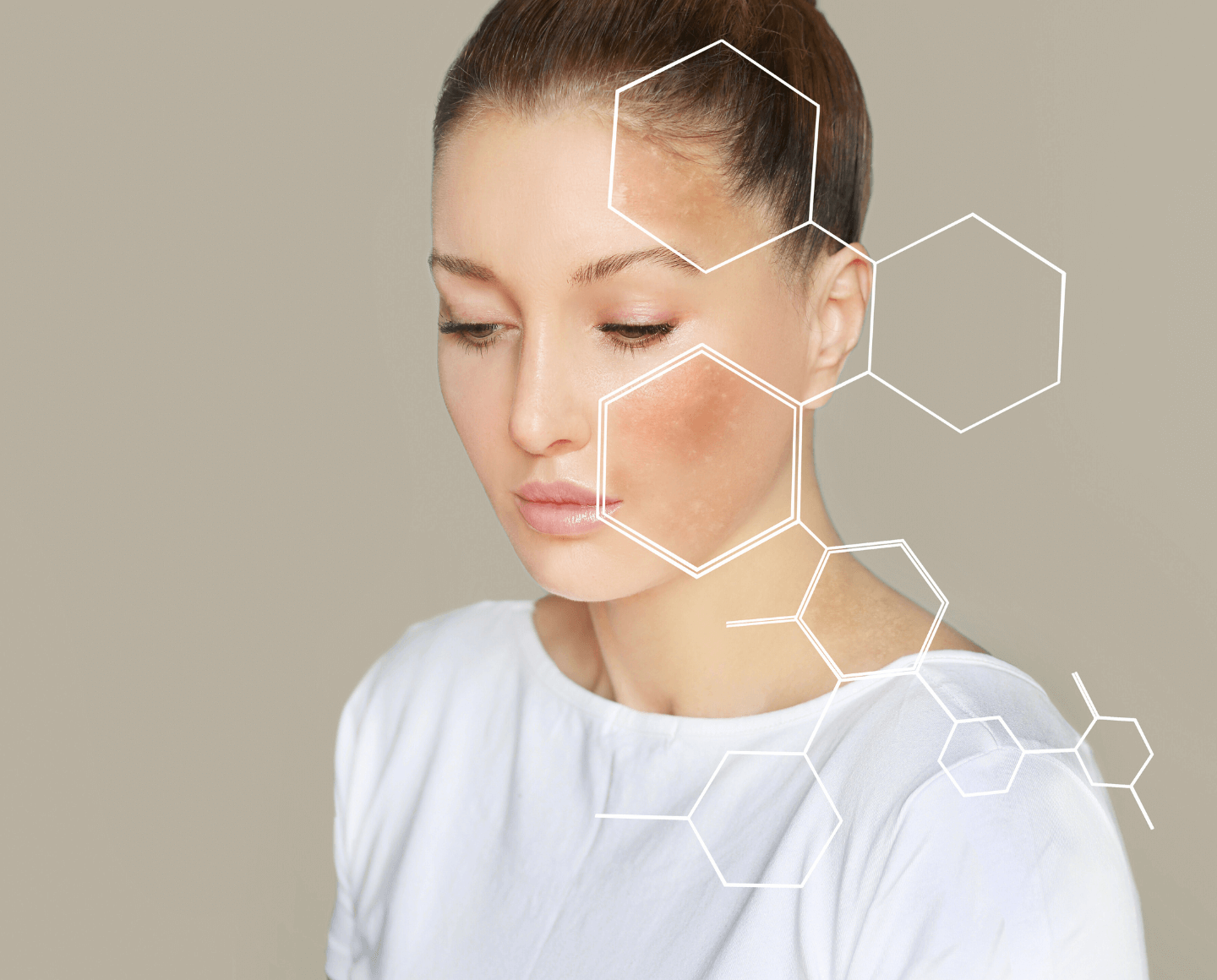
Common Bacterial Skin Infections & How Colloidal Silver May Help Naturally
Understanding bacterial skin conditions and safe supportive options for healthy skin balance.
Bacterial skin infections are more common than many realise. From superficial irritations to deeper infections, these conditions can leave the skin sore, red, and uncomfortable. Some natural remedies, notably colloidal silver, are receiving interest as supportive adjuncts to conventional care.
In this guide, we explore how these infections manifest, what evidence exists for colloidal silver, and important safety caveats.
What Are Common Bacterial Skin Infections?
Bacteria can invade when the skin barrier is broken or weakened. Some frequent bacterial skin disorders include:
- Impetigo – A superficial, contagious skin infection marked by honey‑coloured crusts. It’s typically caused by Staphylococcus aureus and/or Streptococcus pyogenes.
- Folliculitis – Infection of hair follicles, leading to red bumps or pustules.
- Cellulitis – A deeper infection involving the dermis and subcutaneous layers, causing swelling, redness, warmth, and discomfort.
- Minor cuts, abrasions & scrapes – Small wounds may become bacterial entry points if not cleaned and protected.
These conditions vary in severity. Mild infections may respond to topical care, but deeper or spreading infections often require medical attention.
How Colloidal Silver Is Proposed to Support the Skin
Silver has been studied for its antimicrobial properties. In lab (in vitro) settings, silver nanoparticles (AgNPs) and colloidal silver have shown activity against various bacteria, sometimes by damaging microbial membranes or interfering with cellular processes.
Recommended Colloidal Silver Skincare Solutions
Below are Nature's Greatest Secret's formulations that support skin care. They are by no means cures but can support your skin:
-
Amber 80 % True Colloidal Silver Spray
A spray for refreshing or targeting irritated zones. -
Colloidal Silver Multi‑Purpose Gel
A gel for applying to small patches, potentially overnight. -
All‑Natural Colloidal Silver Cream with Coconut Oil
A richer cream combining silver with moisturizer for drier or compromised skin.
Proactive Skin Care Tips to Prevent or Assist Recovery
- Use gentle, non‑stripping cleansers instead of harsh soaps.
- Moisturise consistently to support barrier health.
- Stay hydrated and eat whole, nutrient-rich foods.
- Avoid sharing towels, razors, or clothing around infected areas.
- Use colloidal silver products conservatively—do not layer excessively.
Safety & When to Seek Medical Care
- Do **not ingest** colloidal silver. Oral use has been associated with argyria (skin discolouration), kidney damage, and neurological effects.
- If symptoms (redness, swelling, fever, spreading infection) worsen or expand, seek medical attention. Topical supportive care is not a substitute for antibiotics where needed.
Takeaway
Bacterial skin infections, such as impetigo, folliculitis, and cellulitis are common and sometimes serious. While conventional treatments remain essential, some people explore topical colloidal silver as a supportive option. Use high-quality formulations cautiously, be aware of safety risks, and always escalate care if symptoms worsen.
FAQs: Bacterial Skin Infections & Colloidal Silver
Are bacterial skin infections contagious?
Yes. Conditions like impetigo and folliculitis may spread through direct contact or shared items such as towels or razors.
Can I use colloidal silver instead of antibiotics?
No. While colloidal silver may provide supportive effects, it should not replace prescribed antibiotics in moderate or severe infections.
How often should colloidal silver be applied?
Typically 1–2 times daily to affected areas, monitoring carefully for irritation. Never overuse.
When should I see a doctor?
If symptoms worsen or spread (especially with fever, swelling, pain or streaking), it’s important to seek medical care—this may require antibiotics.
